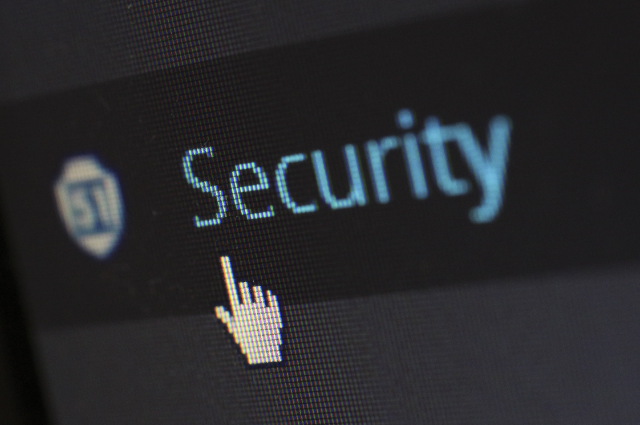
Digital privacy, data security, data anonymization… these days, there are oodles of things to talk about privacy, but what does it all mean? And is ‘online privacy’ even possible in the digital world?
In today’s cybernetic world where every action we take can be traced, however, privacy may seem more like an ideal concept than a reality whose complexity increases with the advancement in technology. It centers on the fact that the more complex society becomes as we move into the information age, the more likely it is that the privacy of information stored and exchanged over networks would be compromised. Your search history, the posts you ‘like’ or ‘dislike’ on social media, and every keystroke you make on a digital device—you may expect this information to be private, but too often it is not. Our online activity leaves a massive digital “footprint” that can be used to identify all the necessary information related to us, such as social media posts, employment records, shopping and entertainment preferences, geolocation data, and financial and many more.
And though it is an issue that remains at the forefront of many citizens’ thoughts to navigate the net and embrace new technology, official and complete protection remains out of reach. This is because the idea of privacy in a technological — and, thus, ever-evolving — landscape continues to change its meaning.
The debate over digital privacy rages on and will continue as long as technology advances. Internet users will always stand by their right to privacy and also their right to publicly accessible information. Questions about codification continue to arise as lawmakers attempt to strike a balance between protecting its citizens' privacy and keeping them informed.
I conclude by saying that it is therefore a crucial trouble that must be ironed out if data privacy is to be undertaken for the people who are up for adopting these new technologies because,
“Digital freedom stops where that of the user begins.”
